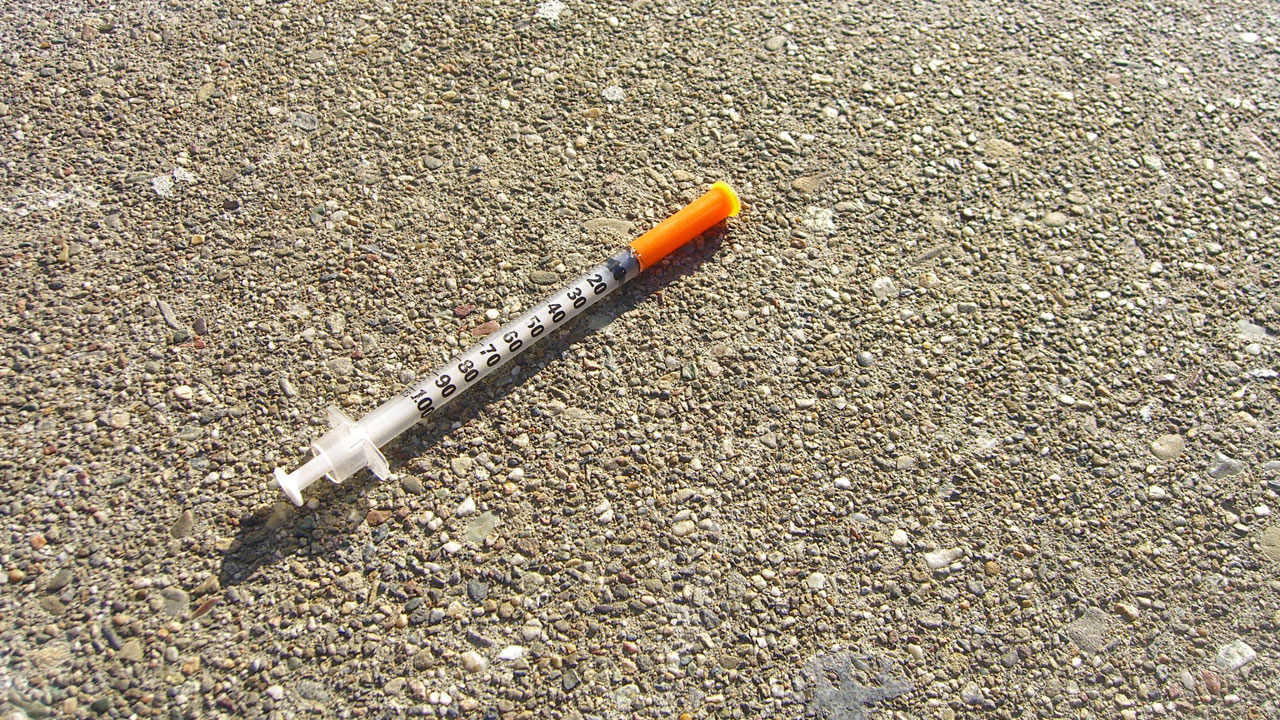Vermont’s heroin addiction epidemic has been well documented, calling for major changes in the small state. Governor Peter Shumlin made it clear in his January State of the State speech that he was serious about tackling these problems and would be willing to use unorthodox means to do it.
“We must address it as a public health crisis,” the Governor said. “providing treatment and support rather than simply doling out punishment, claiming victory, and moving on to our next conviction.”
Abandoning the War On Drugs mentality, Vermont is leading the way in providing rehabilitation and health care to heroin addicts. Many of the policies they’ve adopted this year are groundbreaking for a country where about a quarter of our 2.2 million people incarcerated are in jail for drug-related nonviolent crimes.
Under policies now in effect or soon to take hold, people caught using or in possession of heroin will be offered the chance to avoid prosecution by enrolling in treatment. Addicts, including some prisoners, will have greater access to synthetic heroin substitutes to help them reduce their dependency on illegal narcotics or kick the habit. A good Samaritan law will shield heroin users from arrest when they call an ambulance to help someone who’s overdosed. The drug naloxone, which can reverse the effects of a heroin or opioid overdose, will be carried by cops, EMTs, and state troopers. It will also be available at pharmacies without a prescription. “This is an experiment,” Shumlin says. “And we’re not going to really know the results for a while.”
Bloomberg Business Week noted that the change of policy won’t affect those who traffic large amounts of heroin in the state.”The culture hasn’t shifted if you’re a heroin dealer,” South Burlington Police Chief Trevor Whipple told them. “If you’re trafficking hundreds of bags of heroin a day in our community, we’re probably not going to [think] much about, you know, ‘How can we help you?’”
This year, New York state also allocated funds to allow police officers to cary the life-saving anti-overdose drug naloxone. (Photo: Eric Molina)


